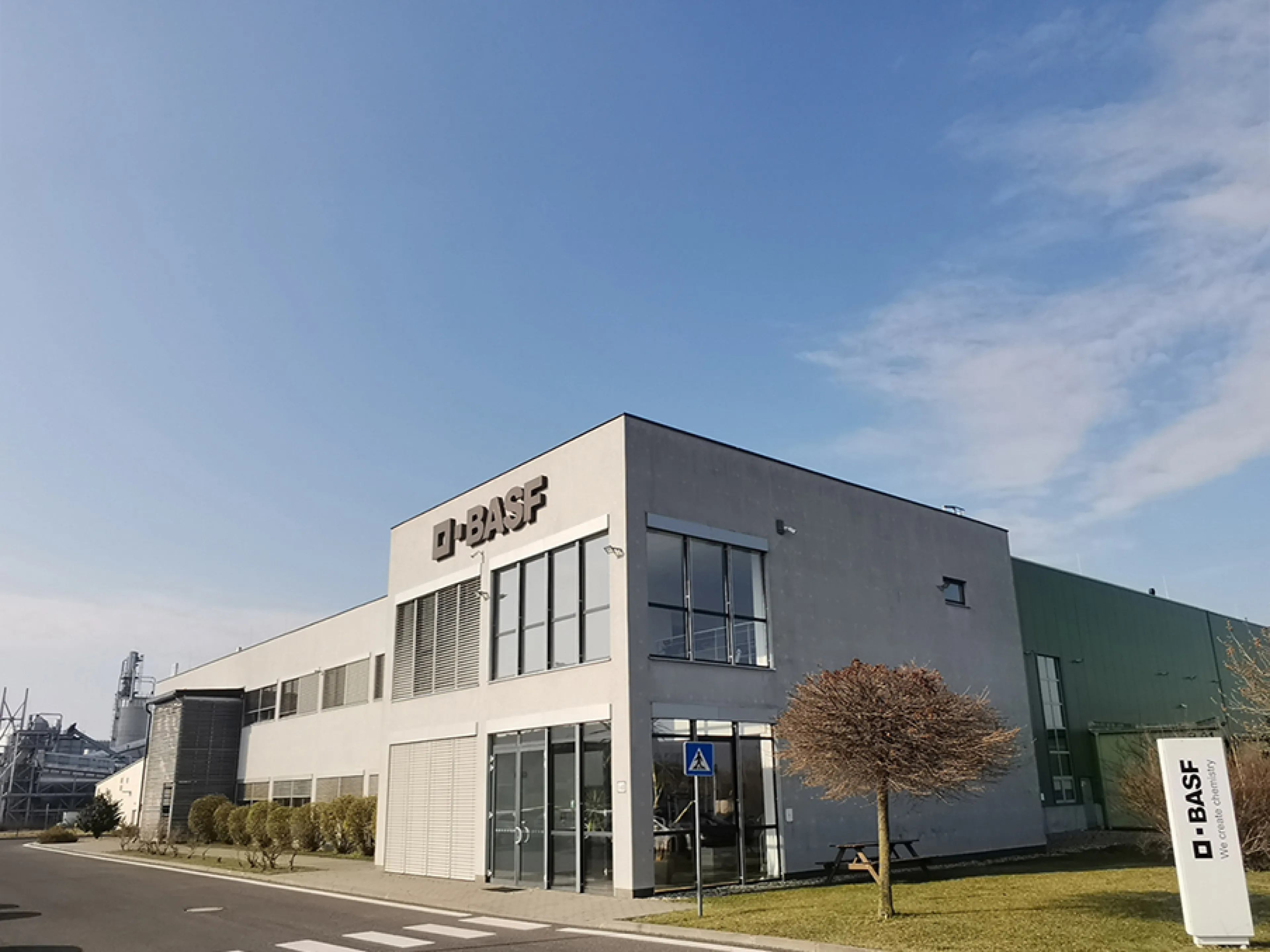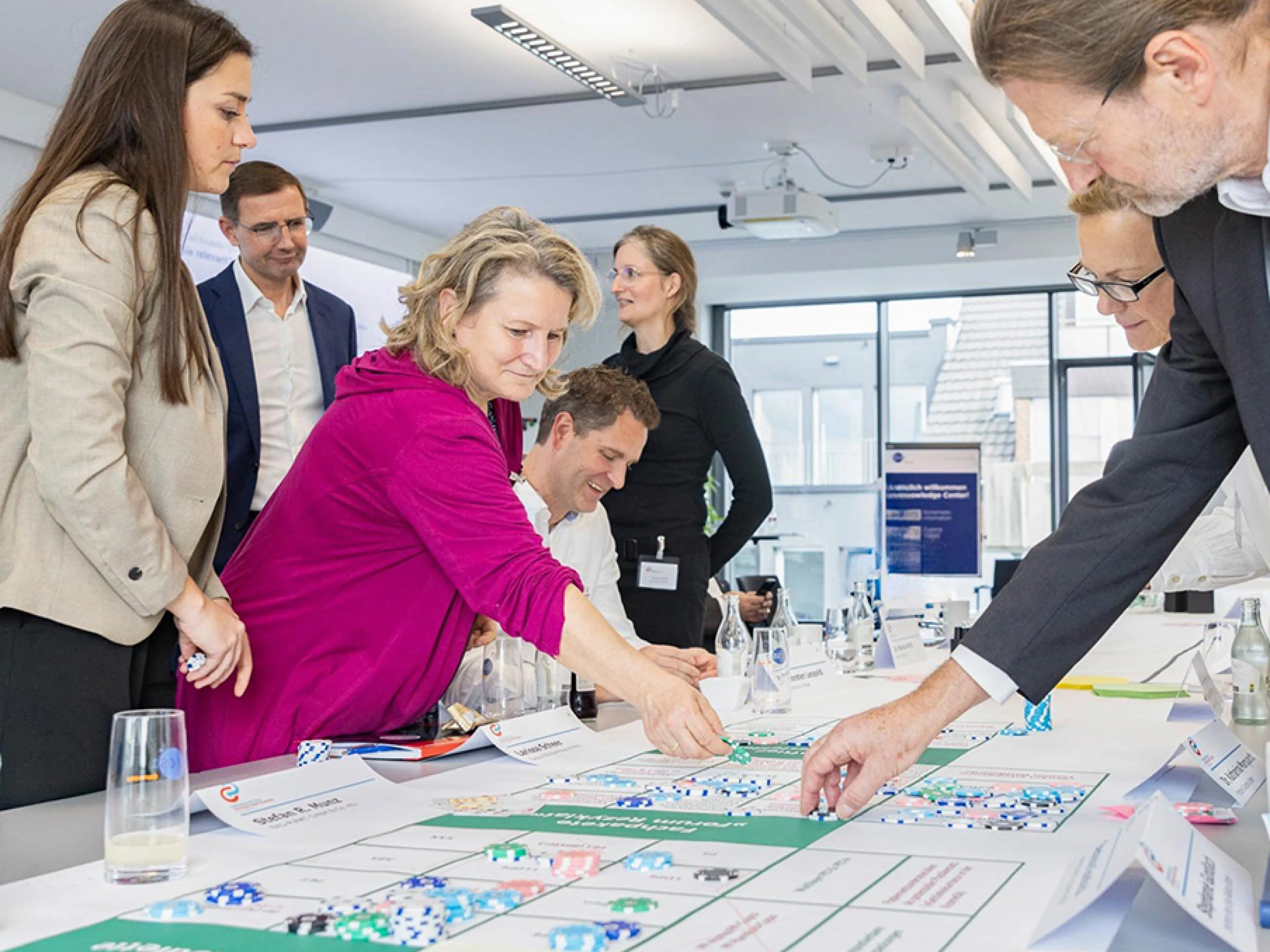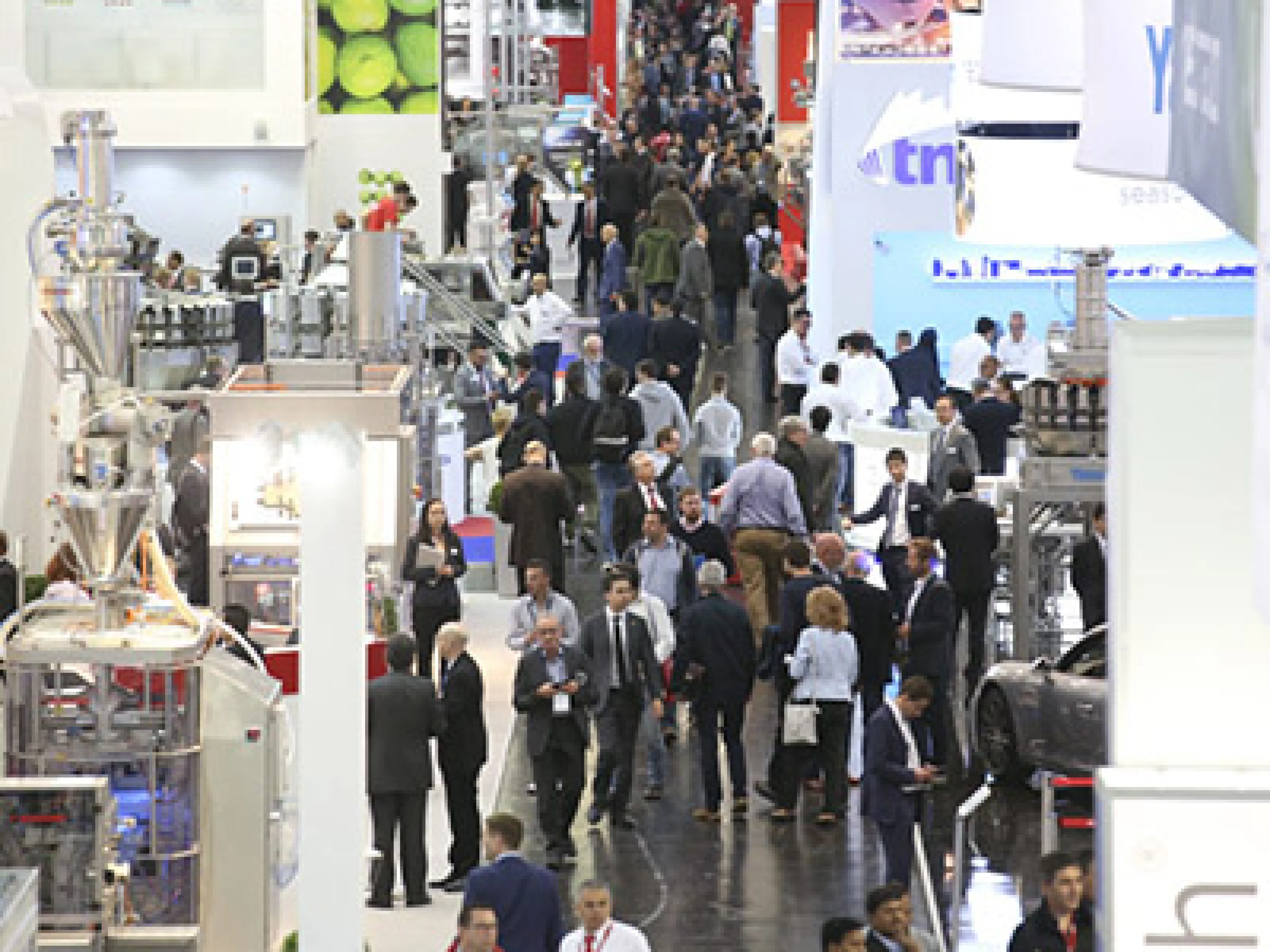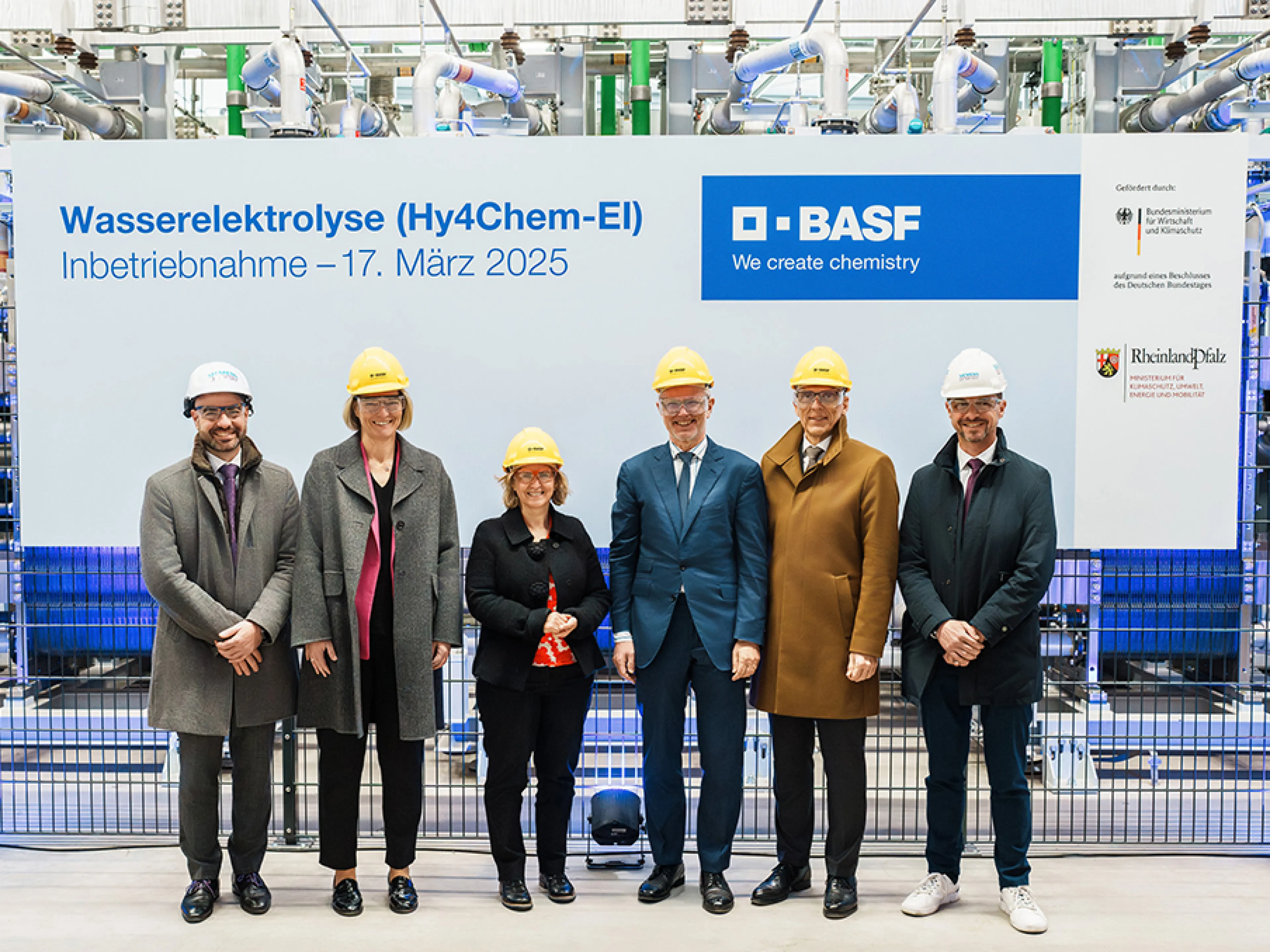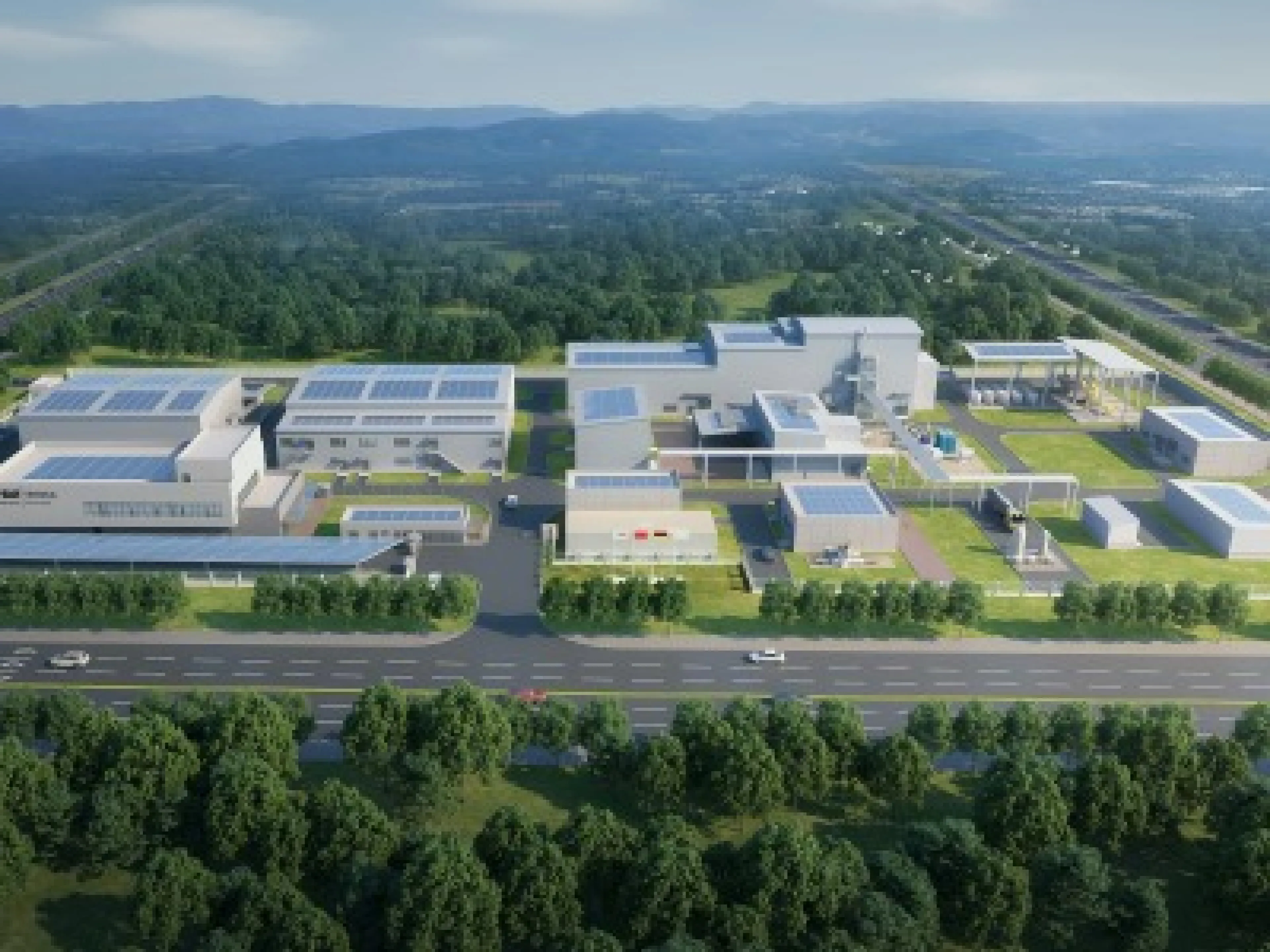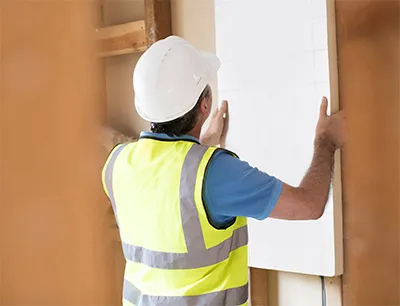
Just one year after announcing its ambitious "Sustainability Roadmap", BASF's Monomers division is celebrating the successful certification of production sites in all regions where it is represented. With the addition of MDI production in Geismar, Louisiana/USA to the ISCC Plus and Redcert2 certified sites, the division can now offer its customers worldwide ISCC Plus and/or Redcert2 certified isocyanates and polyamides from regional production.
“Our successes in the last year have shown how serious we are about driving the sustainable transformation of the Monomers division and the various customer industries we are serving - we are working constantly to improve our portfolio which is also reflected by our products constantly meeting the high standards of our international certifiers,” said BASF Monomers President Dr. Ramkumar Dhruva. “With our sites certified all over the world, we are now able to help our customers reach their sustainability goals with more sustainable products wherever they are located. I am very happy that we now also have the right structures in place to supply our American customers with certified more sustainable Isocyanate solutions made in the United States. With this, we can always offer our customers the perfect fit for their product mix,” Dhruva added.
BASF sustainability roadmap on track: 345 sustainable products certified
In January last year, BASF's Monomers division committed to developing a recyclable option in every major product line by 2025. The division has already largely realised this promise after just one year. From February 2024, around 70 percent of the large portfolio of isocyanates, polyamides, glues and impregnating resins, precursors and inorganic products will be available as chemically recycled or bio-based variants, as low-PCF products or even as zero-emission (zero emissions, renewable origin) variants. The division now offers a total of 345 certified sustainable product alternatives for various customer sectors, including the packaging and textile industries, the automotive industry and the construction and wood processing industries.
New technologies for a sustainable transformation
Monomers not only offers more sustainable product variants, but also realises completely new solutions such as polyol recycling. The division is also developing its own new technologies to drive sustainable change in the various customer industries. With the latest addition to its portfolio, Loopamid, BASF has developed a novel solution to improve the cycle in the fashion industry and recycle textile waste based on polyamide 6. With this modern technology, used fibres and materials can be recycled into new yarn over several cycles. The material properties of conventional virgin polyamide yarn are retained.
Various operational excellence measures reduce CO2 emissions by the tonne
In addition to the far-reaching additions to the product portfolio, the Monomers division has successfully implemented numerous measures at its production sites in all regions to further reduce CO2 emissions. With these CO2-saving measures, the division is making an important contribution to chemical company's ambitious sustainability goal of achieving net zero CO2 emissions by 2050. The division is utilising the advantages of the global BASF Verbund network and has already implemented several measures with significant CO2 reductions. One example is the improved heat recovery at the BASF polyurethane site in Shanghai, which is expected to reduce CO2 emissions by up to 34,000 tonnes per year.
